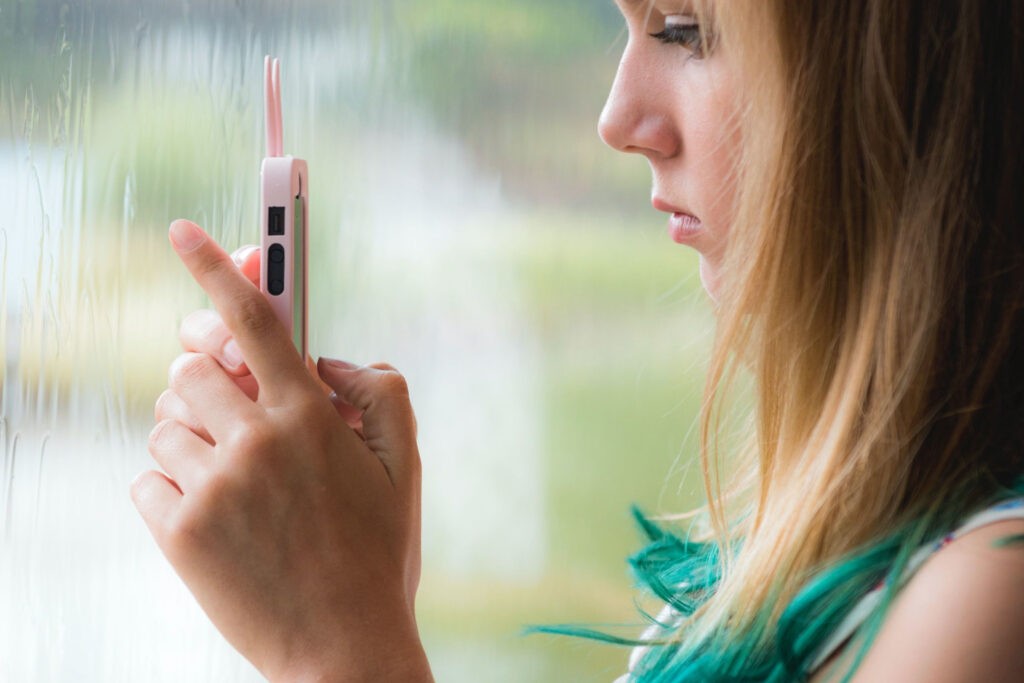(In this teen workshop, Love’s Arm advocacy team members Mimi Nikkel and Brandon Culpepper addressed the important topic of sex trafficking. In the process of explaining how to be safe online and protect yourself against predators, they discussed five different subjects: who you are, what you like, “no” is a good word, sex does not define you, and stupid smartphones.)
Who you are covers your gender, race, and age, but these attributes are only a small part of your identity. Your identity is made up of many different parts, and sex is one of those parts. But whether you have sex or don’t does not define who you are. Boundaries, on the other hand, do help to define who you are and what you stand for. You get to decide what good things to let into your life and your personal space and what harmful things to keep out. The final part of knowing who you are is to have someone safe to talk to who can guide you or help you if you are in a bad situation. My favorite quote from this section of the discussion is “The better you understand you, the more you will be understood.”
What you like is vital. It is worth your time to find out what you like. What you like can include your hobbies and interests (video games, art, music, reading, cooking, movies, etc.). Nikkel and Culpepper urge everyone to keep doing what you like to do, even if it’s not the “cool” thing to do. After all, liking yourself is MORE important than being liked.
“No” is a good word. Consent is vital. Establish boundaries. Protect yourself by knowing when to say no.
Smartphones have led to a lot of good but also a lot of bad. A majority of the discussion was devoted to how to protect yourself in the digital age. The first question you should ask yourself is whether or not to have a smartphone. After all, smartphones change childhood, produce an addictive brain response (46% of children aged 12-16 feel they’re addicted to their phones), are constant distractions, and impair sleep (sometimes even leading to vamping, or all-nighters).
Smartphones can also interfere with relationships. Do you shift your time and energy to online friendships instead of investing in your family relationships?
Other negative aspects of smartphones include an increased risk for depression and anxiety; exposure to sexual content (pornography is easily accessible online, and the United States is the #1 consumer of porn in the world); an increased risk for cyberbullying, sexting, sextortion, and revenge porn; increases access for predators (“the internet is the new street corner”) and makes it easier for them to groom victims; and allows the introduction of digital self-harm.
How can you protect yourself from sexual predators? Learn the signs of grooming. Don’t post feelings of fear, emptiness, or disappointment, since this opens yourself up to grooming. Never send pictures that you wouldn’t want your grandmother to see. And find a trusted adult you can turn to if something bad happens.
Remember, there is no set demographic for sex trafficking or grooming. ALL YOUTH are at risk. If you have any questions, feel free to reach out to Sandy Pricer, who can connect you to Mimi Nikkel or Brandon Culpepper at Love’s Arm. The mission of Love’s Arm is to engage, empower, and transition female survivors of trafficking, prostitution, and addiction toward a Christ-centered community of grace.

